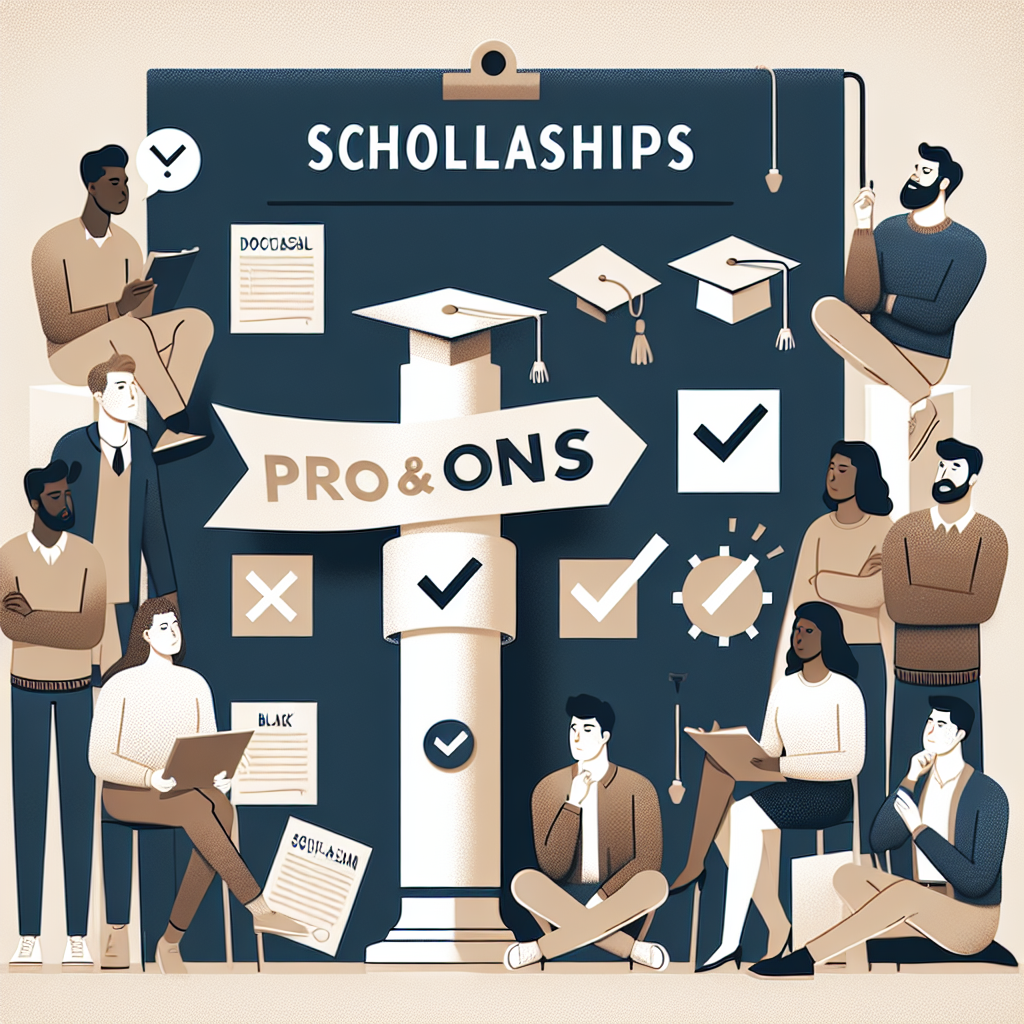Deciding whether to pursue graduate funding often comes down to weighing practical trade-offs. Scholarships For Doctoral Students: Pros and Cons Explained offers a clear-eyed look at the main advantages and potential downsides of taking on scholarship or fellowship support during a PhD. This article breaks down how these awards affect finances, research focus, career prospects, and academic freedom so you can make an informed choice.
Doctoral Scholarships: Benefits and Drawbacks
Scholarships and fellowships for doctoral candidates provide much more than money. They can cover tuition, provide a living stipend, and grant access to professional networks. For many students the biggest immediate benefit is reduced financial stress, allowing more time for research and fewer outside jobs. Other gains include prestige, mentorship opportunities, and access to conferences or research travel.
Key advantages
- Financial support: Tuition remission and stipends reduce or eliminate debt load.
- Research focus: Funding often frees up time to concentrate on dissertation work.
- Professional development: Many awards include mentorship, training, and networking.
- Competitive credentials: Prestigious fellowships can enhance CVs and postdoctoral prospects.
However, scholarships are not universally ideal. Some come with strings attached—teaching obligations, research direction constraints, or fixed timelines that may not align with the organic pace of a complex project. Other drawbacks include potential tax liabilities on stipends, the temporary nature of many awards, and the administrative burden of renewing or complying with funding conditions.
Evaluating trade-offs: funding, obligations, and career impact
When assessing an offer, consider both the monetary value and the expectations tied to it. A full-ride fellowship that limits outside employment can be preferable to a partial scholarship that still leaves you scrambling to cover living costs. Also evaluate whether the funding source influences your research agenda. Some industry or government grants require applied outputs or specific deliverables, which can accelerate impact but constrain curiosity-driven inquiry.
Questions to ask
- Is the stipend adequate for your cost of living and family situation?
- Are there teaching or service requirements, and how many hours per week do they entail?
- What is the duration and renewal policy of the award?
- Does the funding source require particular research outcomes or intellectual property terms?
For discipline-specific considerations, remember that funding landscapes differ across fields. For example, humanities students may find more one-year fellowships, while STEM fields often offer multi-year grants tied to labs and projects. If your research has an arts component, you might also explore awards tailored to art students; a useful resource on arts-targeted aid is available at scholarships for art students.
How scholarships affect long-term career paths
Winning a competitive fellowship can open doors to postdoctoral positions, tenure-track roles, and industry collaborations. Employers and hiring committees frequently view funded candidates as more self-directed and capable of securing external resources. On the other hand, dependence on short-term grants can lead to fragmented CVs if funding lapses and projects stall.
To mitigate downside risks, diversify funding sources when possible: combine departmental assistantships, external fellowships, and small grants. Maintain transparent communication with advisors and funding bodies about realistic timelines and milestones. Many universities also offer professional development resources that help scholarship recipients translate award experiences into marketable skills.
Practical tips for applicants
- Read award terms carefully, including renewal criteria and restrictions.
- Plan your budget conservatively, factoring taxes, health insurance, and housing.
- Keep documentation of deliverables and progress to simplify renewals or audits.
- Network with past recipients to learn how they balanced obligations and research.
Further reading and authoritative guidance
For an overview of major national graduate fellowship programs and their typical structures, consult program pages such as the NSF Graduate Research Fellowship materials, which outline eligibility, funding levels, and expected outcomes: NSF Graduate Research Fellowship Program details.
Brief FAQ
- Q: Do scholarships always mean less teaching experience?
A: Not necessarily. Some fellowships include teaching components or allow part-time teaching; others explicitly free you from teaching duties. Check the award terms.
- Q: Will a scholarship reduce my ability to publish or disseminate work?
A: Most academic scholarships encourage dissemination. Constraints are usually about scope or proprietary outputs for industry-funded research; academic grants typically support publication.
- Q: Are stipends taxable?
A: Often yes, depending on your country and the nature of the payment. Consult a tax advisor and your institution’s graduate office.



